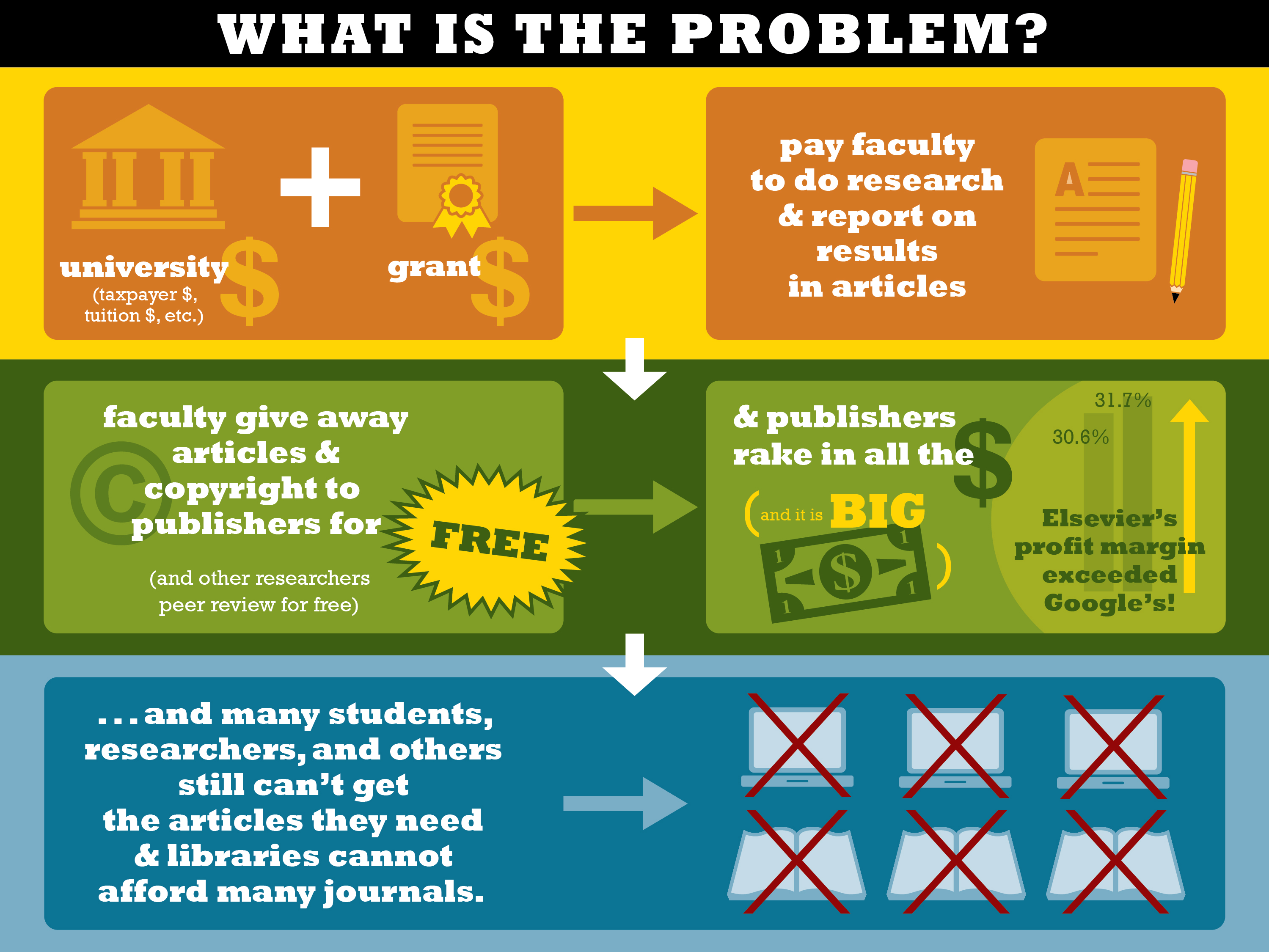
The Finale Wrap-Up – (Final Assessed Post)
And so it’s time for the blogging adventure to come to an end. The legacy lives on in the skills I have acquired during my exploration into the various topics proposed in this module. When I started this module, I was curious as to how such a learning experience could be implemented solely online. The result has been a thoroughly enjoyable virtual community of fellow bloggers, debating the big questions regarding online usage and identity.
Continue reading →









